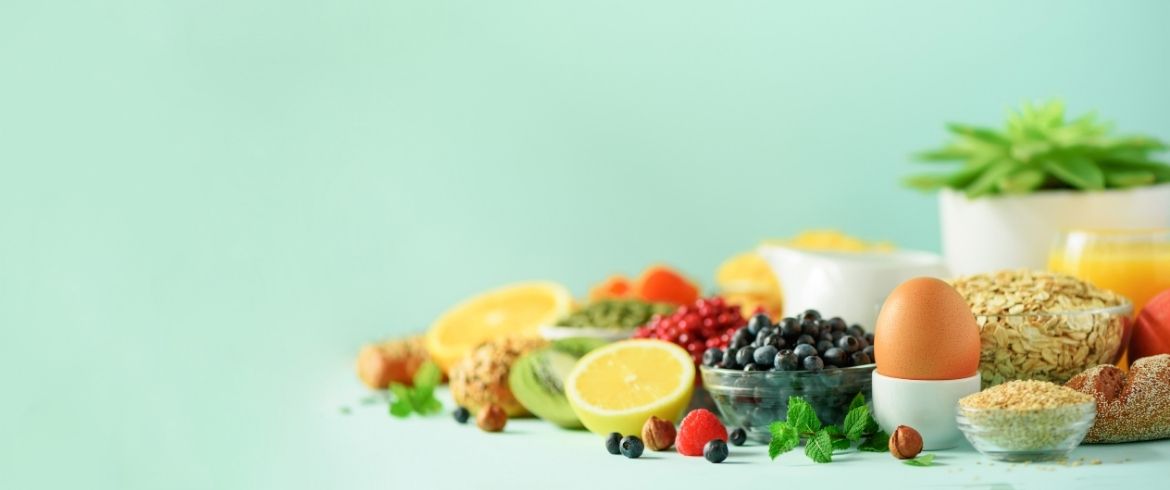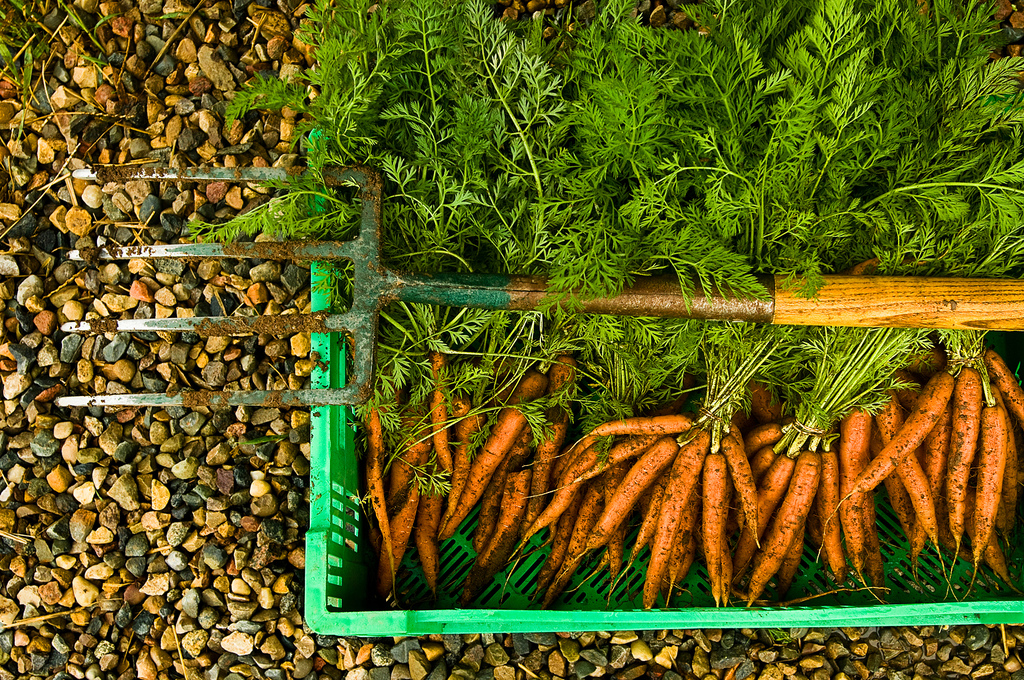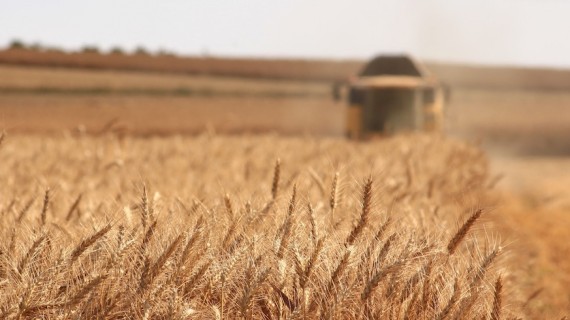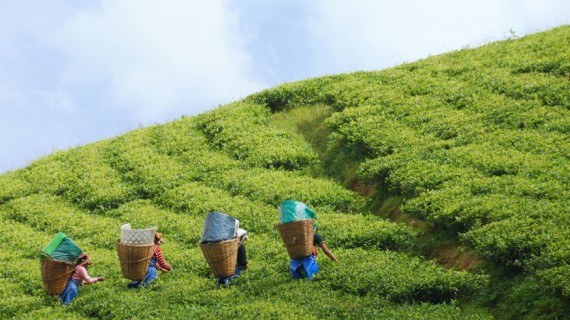The popularity of organic food increased drastically in the past 20 years. More and more people decided to switch from conventional to organic food. Only the U.S. recognized a record of $43 Billion in organic food sales in 2016. But why is organic food so loved by many people? And should you consider buying it? Let´s look at it closer.
Organic food- what is it?
Word “organic” means the process, in which the food is produced. Standards of farming vary worldwide, however, organic farming cannot use chemicals, hormones, antibiotics, or genetically modified organisms (GMO). Organically raised animals for meat, eggs, honey, and dairy products need to be feed organically and have the access to the outdoors. They may not be given antibiotics, growth hormones, or any animal by-products.
Benefits of Organic Food
Organic food tastes better
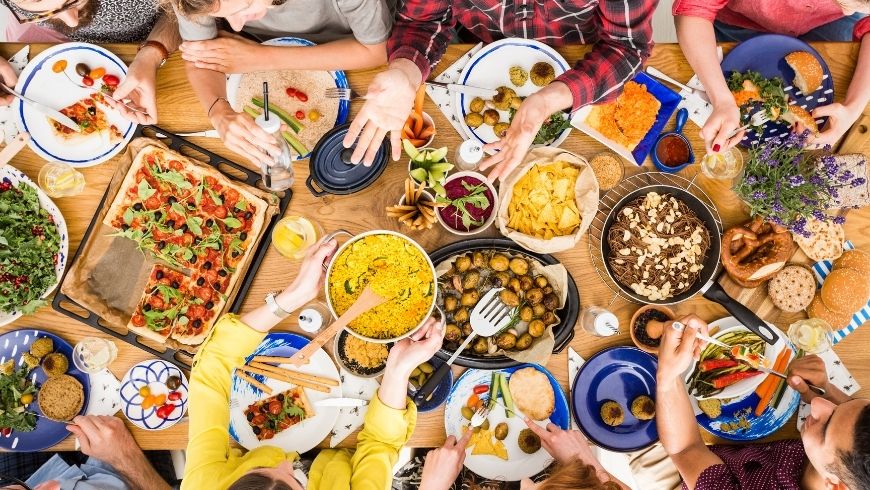
A few days ago, I spoke to my grandma about food. She told me about the plums she bought. The same plums younger generations buy from the supermarket and do not see anything bad about it. She complained…a lot… Plums she had on her garden for years, before the supermarket trend came, had a sweet taste, great smell and- some defects too. However, the plums she bought from the supermarket were tasteless and you wouldn´t find any smell as well. On the other hand, they looked perfect– all in the same size and in a beautiful color. This is a great example of the difference between organic and conventional food.
Most of the younger generation, especially those living in urban areas, do not have the chance to taste the real plum from the grandma´s garden. However, after only a short time eating organic, your body will definitely feel and taste the difference. And what is more- all the junk food full of processed sugar you maybe loved before will suddenly have a bad, artificial after-taste.
Organic is fresher
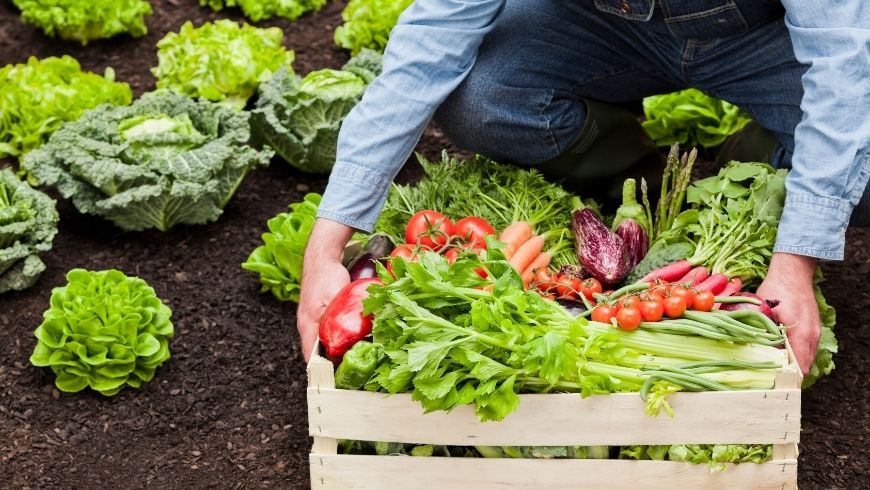
Fresh food always tastes better. Because organic food doesn´t contain any preservatives, which would make it last longer, they are fresh. It is however important to check where is it the product from. Local farms are usually a sign of freshness.
Long term benefits for your body

Organic food does not contain any chemicals such as pesticides, fungicides, herbicides, and insecticides, and animals are not given antibiotics or growth hormones. Chemical pesticides have been linked to different kinds of cancers, leukemia, infertility, convulsions, immune and endocrine disorders, Parkinson’s disease, depression, and many others. Based on a study by Marcin Barański et al., organic food “contain higher concentrations of a wide range of nutritionally desirable antioxidants/(poly)phenolics, but lower concentrations of the potentially harmful, toxic metal Cd.” Another study about organic fruit and vegetable from Newcastle University in 2014 also proved that organic food help prevents cancer and heart disease and boost the immunity of 19-69% more than conventional food would thank the higher quantities of antioxidants.
It is therefore scientifically proven, that organic products prevent major and minor diseases and illnesses. When we look at it from the financial point of view, even though organic food is often more expensive than non-organic, lower health care costs and less likelihood of missing work in the future will help you save some money from a longer perspective. Yes, these are hidden advantages, but isn´t it better to think about your health before you are actually sick?
Keep your children healthy
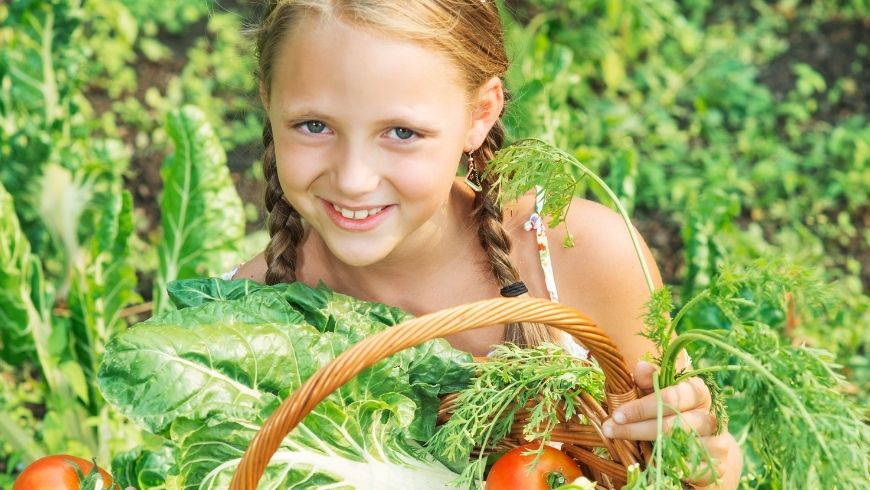
Thanks to all the chemicals conventional food contains, it is often connected to birth defects, childhood leukemia, ADHD, learning disorders, autism, and nervous system disorders in children. According to the Environmental Working Group´s report, the umbilical cord blood of 10 newborn babies showed more than 200 different chemicals in each of them. More and more studies also link pesticides with ADHD. Maryse Bouchard et al. from the University of Montreal and Harvard University made a research about this topic as well. They examined the urine of more than 1100 children aged 8-15 and found that the ones with the highest levels of dialkyl phosphates, which are the breakdown products of organophosphate pesticides, had the highest incidence of ADHD. Toxins are all around us, but most of it we intake in the form of food. Organic food can be therefore considered as a good choice to prevent not only adult diseases but also prevent children from all the toxins we daily consume from our plates.
Support the Local Economy
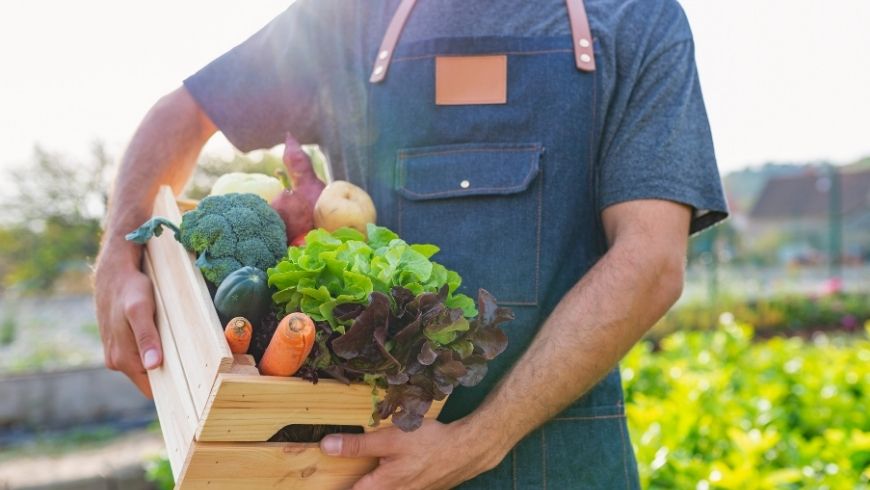
Buying organic food is closely connected to buying local food. If you do not want to support the marketing of big corporations and the transformation of food for long distances, even though you can grow the same food at home, farmers’ market is a good choice. However, be aware of the fact, that not all of the farmers grow organic food. Find your farmer, who does not use any chemicals and antibiotics, and start buying your food from him. To do so, you are supporting the local community´s economy and help to create jobs at the same time.
The Planet will Thank You
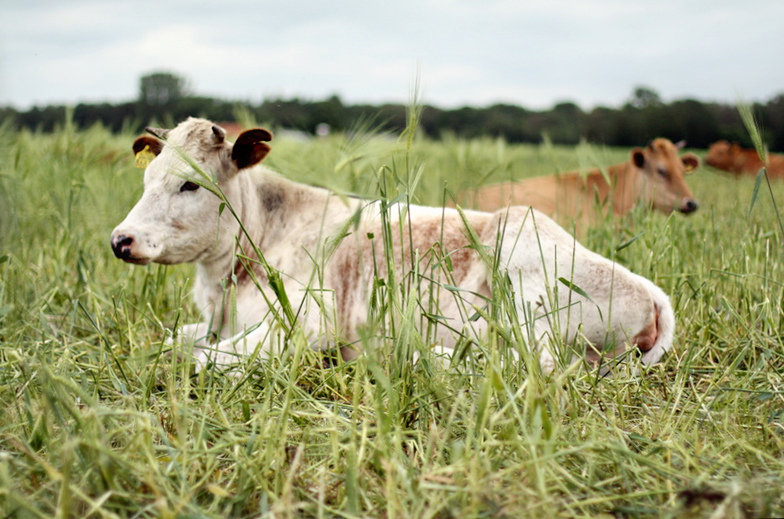
With no harmful chemicals, topsoil erosion, as well as pollution, would improve. Farms that do not use any chemicals, antibiotics, or other harms reduce not only pollution and soil erosion but also use less energy, conserve water, and increase soil fertility. All the chemicals from conventional farming kill not only important insects but also birds and other animals. The use of antibiotics in the meat industry also helps to create antibiotic-resistant strains of bacteria. Organically raised animals have access to the outdoor and therefore they are healthier. Organic meat and milk are proven to be 50% richer in omega- 3 fatty acids than conventionally raised versions.
Not everything needs to be organic.
We agree that organic food might be more expensive than non-organic. It is perfectly fine to choose a golden mean and buy both, organic and conventional food. Here are some tips about what to buy organic and what is OK to buy conventionally.
“Clean 15” group
It is conventionally-grown fruits and vegetables, which are generally low in pesticides. In “Clean 15” you can find:
Mango, Onion, Papaya, Pineapple, Sweet Peas (frozen), Sweet Potatoes, Mushrooms, Cabbage, Sweet Corn, Eggplant, Asparagus, Avocado, Kiwi, Grapefruit, Cantaloupe
Organic food, where the organic label is the most important
This food contains the highest pesticide levels so are best to buy organic:
Cucumbers, Summer Squash, Nectarines (imported), Peaches, Spinach, Celery, Potatoes, Grapes, Cherry Tomatoes, Apples, Sweet Bell Peppers, Kale/Collard Greens, Strawberries, Hot Peppers
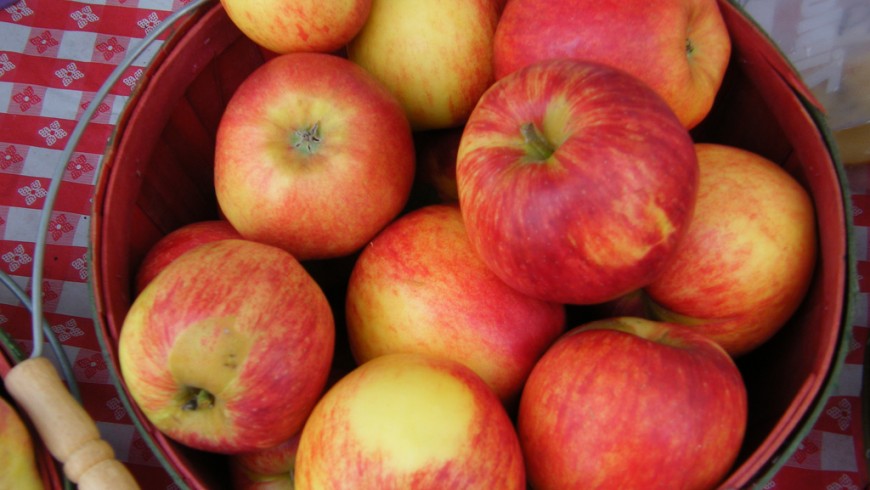
Conclusion
Organic food is not about the trend. Few generations ago, all food was organic. Not that many people were sick, cows could see the sky and everything tasted real. With the growing population and demand for food, we changed the behavior and started to use chemistry a lot. People have had everything they wanted in 24/7 supermarkets. They get used to it. However, the amount of toxins and diseases thanks to our consumption is rising. Maybe we can try to take step back and start buying organic alternatives again. Let’s see what happens. What do you think?
Cover image via Canva Pro
